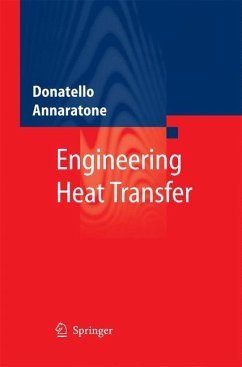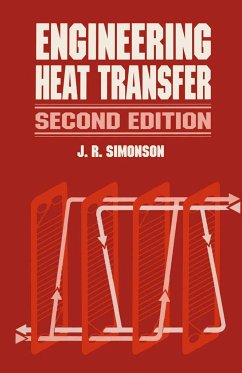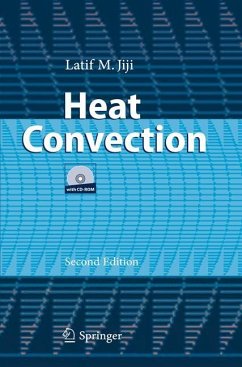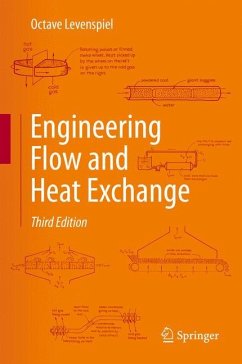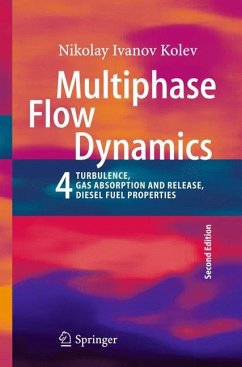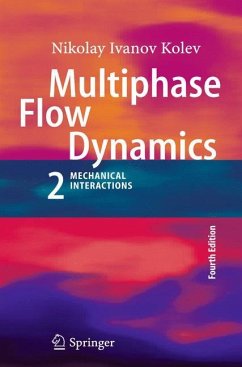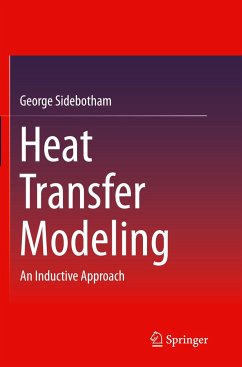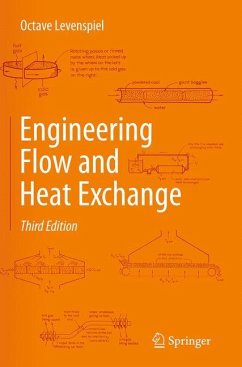
Engineering Flow and Heat Exchange
Versandkostenfrei!
Versandfertig in 6-10 Tagen
49,99 €
inkl. MwSt.
Weitere Ausgaben:

PAYBACK Punkte
25 °P sammeln!
The third edition of Engineering Flow and Heat Exchange is the most practical textbook available on the design of heat transfer and equipment. This book is an excellent introduction to real-world applications for advanced undergraduates and an indispensable reference for professionals. The book includes comprehensive chapters on the different types and classifications of fluids, how to analyze fluids, and where a particular fluid fits into a broader picture. This book includes various a wide variety of problems and solutions - some whimsical and others directly from industrial applications.Num...
The third edition of Engineering Flow and Heat Exchange is the most practical textbook available on the design of heat transfer and equipment. This book is an excellent introduction to real-world applications for advanced undergraduates and an indispensable reference for professionals. The book includes comprehensive chapters on the different types and classifications of fluids, how to analyze fluids, and where a particular fluid fits into a broader picture. This book includes various a wide variety of problems and solutions - some whimsical and others directly from industrial applications.
Numerous practical examples of heat transferDifferent from other introductory books on fluidsClearly written, simple to understand, written for students to absorb material quicklyDiscusses non-Newtonian as well as Newtonian fluidsCovers the entire field conciselySolutions manual with worked examples and solutions provided
Numerous practical examples of heat transferDifferent from other introductory books on fluidsClearly written, simple to understand, written for students to absorb material quicklyDiscusses non-Newtonian as well as Newtonian fluidsCovers the entire field conciselySolutions manual with worked examples and solutions provided





